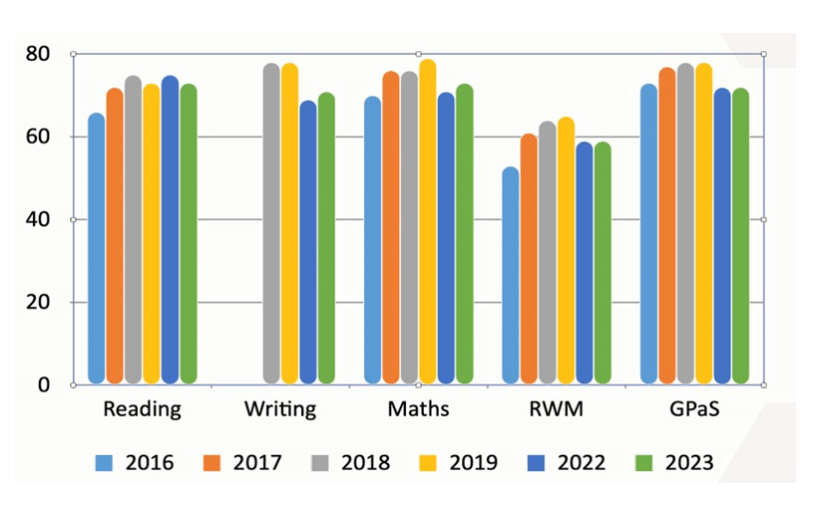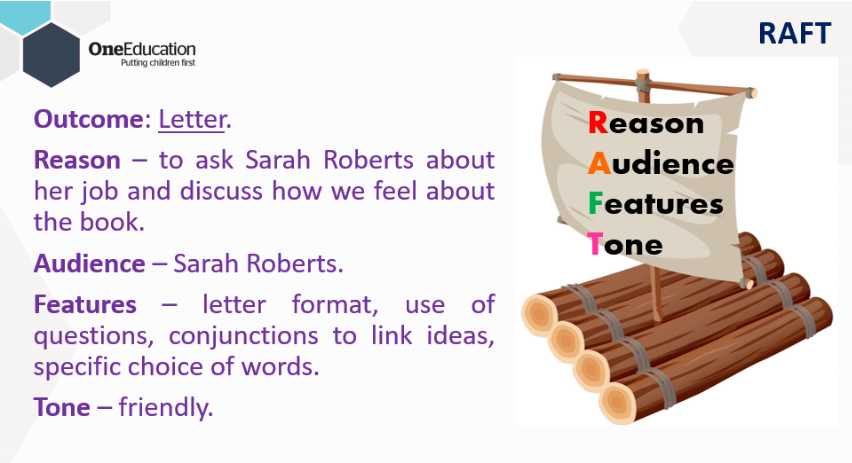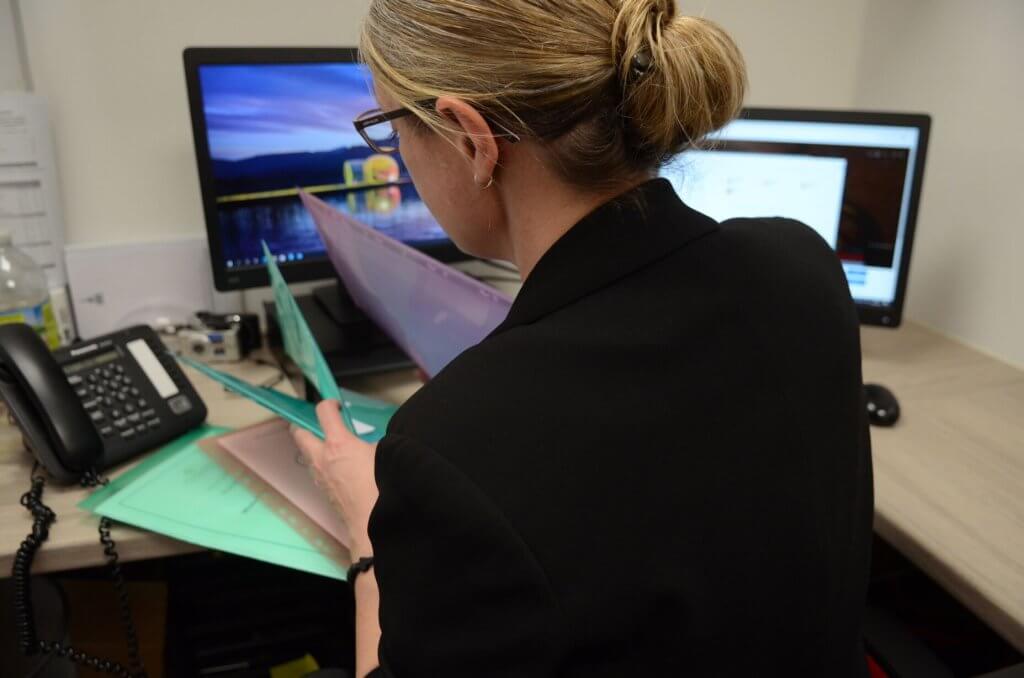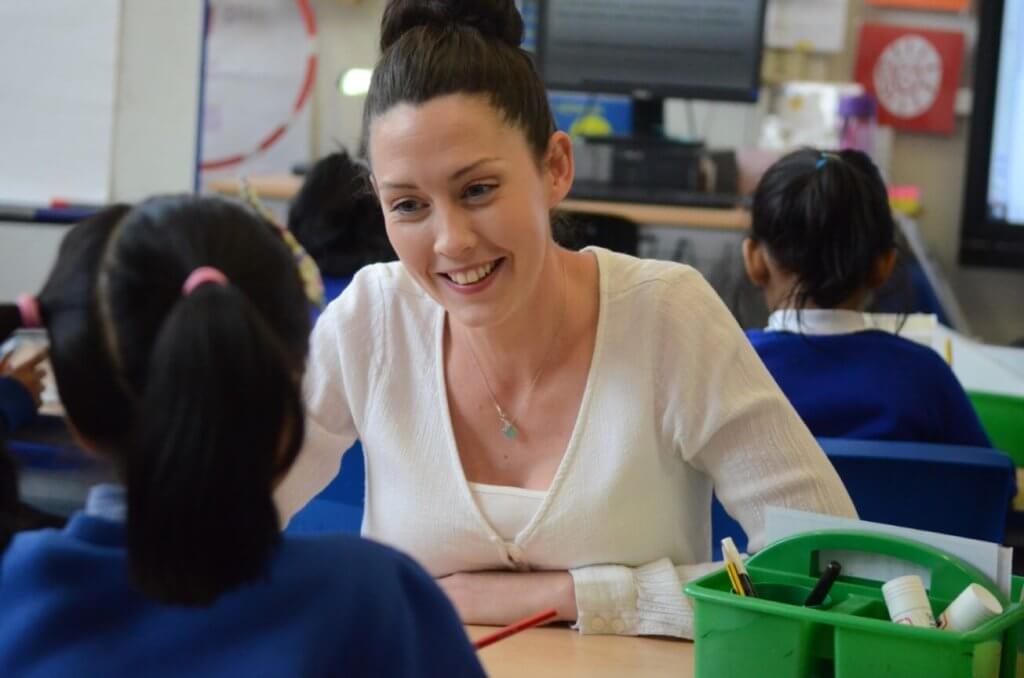DfE’s The Reading Framework was updated in July 2023 to include more detailed information beyond early reading and reiterating just how important it is for children and young people to become skilled readers with an enjoyment of books, to provide them will the best possible chances in their education and beyond. The framework explains how sharing, reading and talking about books, as well as making links between texts and curriculum learning, are all crucial to achieving this. For a more detailed summary of the updates to the Framework, please see our blog.
There is an increasing awareness that underpinning all areas of children’s learning is Oracy – the ability to speak and listen effectively. Starting in Early Years Foundation Stage (EYFS), language and communication is key; particularly bridging gaps in vocabulary or speech between disadvantaged pupils and their peers. Important aspects of an adult’s role in the classroom are to model the use of Standard English, demonstrate how to communicate effectively and broaden pupils’ vocabulary and sentence structures through a talk-rich environment. Deliberate planning of Oracy strategies and activities in the classroom will help all pupils become confident communicators, a skill that has profound benefits for them in the future.
It is extremely important to remember that it is your hard work as practitioners, ever adapting your practice to reflect research findings, pedagogy and frameworks, meeting the diverse needs of the pupils in your class and being a positive, inspiring presence in the classroom that makes the biggest difference to children’s education. At One Education, we feel extremely fortunate to work with so many wonderful schools, supporting them in putting children first.
To support you with the positive impact you are having on the lives of our children and young people, we have pulled together our findings from working across LAs on moderation and within many schools, the main Literacy lessons learned last academic year, by Key Stage.
Key Stage 1
The provisional Key Stage 1 data for 2023 is broadly in line with the results from the previous year, with writing remaining lower than reading and mathematics. The estimates show that, across all subjects, levels have not returned to where they were pre-pandemic. Now the Key Stage 1 SATs are no longer statutory, we need to consider what is next in Year 2. It will be important for rigorous assessment procedures to be in place, to support pupils in their transition to Key Stage 2. The STA are publishing optional Key Stage 1 assessment materials, with no obligation for schools or local authorities to submit data. More guidance on the optional tests will be released in Autumn 2023. The Phonics Screening Check in Year 1 remains statutory in 2023-24.
KS1 Reading
Consider…
- How do you balance phonics teaching with early comprehension skills?
For pupils to have sufficient comprehension skills to reach the expected standard at the end of Key Stage 1, we need to ensure that the meaning of high-quality texts is explored through book talk in the classroom. This needs to happen in addition to phonics sessions until pupils have completed the programme. You may want to read this white paper on the balance between phonics and early comprehension.
- How do you develop children’s fluency?
Once children have learnt how to decode, we need to focus on building fluency so that decoding is automatic. Fluency is developed through repeated reading of texts, building accuracy and focusing on expression and intonation. Once children can read fluently, decoding becomes effortless and they can focus on their understanding of the text.
- How do you help pupils make links between texts?
Aim to be seen by your pupils as a keen reader, even if you don’t really feel that you are! Demonstrating a love of books, giving children opportunities to be immersed in texts, making comparisons between authors and/or titles and making personalised recommendations will help pupils broaden their variety of reading and recognise links between texts.
KS1 Writing & GPaS
Consider…
- How do you support pupils’ fine motor skills and handwriting?
Clear, fluent handwriting requires teaching and regular practice in order to build stamina and develop the correct letter and join formations. Starting in EYFS, children need to build strength and dexterity in their hands through deliberate opportunities to build and perfect their fine motor skills. Consider where your school have an agreed teaching sequence for handwriting, constantly recapping earlier patterns and addressing any misconceptions as soon as they develop. Identifying any children who are struggling with handwriting early on and providing targeted intervention – for example support with their pencil grip, wrist pivot or letter formation – will help ensure pupils have the best opportunity to develop fluent handwriting before they start KS2.
- Are children given enough time to gather content for their writing?
Providing sufficient time for children to collect ideas or facts before planning their final piece can be often overlooked due to the time pressures of the curriculum. However, to write an effective piece of writing it is vastly beneficial for pupils to be able to choose from a wealth of content rather than struggling for ideas. Non-fiction texts in particular are much more successful if the children go into the task feeling confident that they have a secure knowledge of the topic, freeing their thinking up to focus on the structure and sentence-level components of the written outcome.
- What opportunities do children have to write about real events?
Writing recounts of trips or curriculum enrichment days is often an engaging way for the children to write about real events, as specified in the curriculum for Year 2. Remember that this isn’t limited to recounts; children could write about the events of the Great Fire of London, the life of Mary Seacole, Apollo 11’s landing on the moon – anything that captures their imagination! Writing about real events doesn’t need to be complicated or in character, as long as it is coherent and grammatically accurate then it will fulfil the requirements of the English curriculum.
Key Stage 2
The Key Stage 2 SATs data shows a similar picture to the previous year, with 59% of pupils reaching the expected standard in all of reading, writing and maths, unchanged from 2022. There was a slight increase in the number of children achieving EXS (Expected Standard) in writing and maths compared to the previous year, however, reading dropped from 75% to 73%. Many pupils found the 2023 reading paper more challenging, perhaps due to the higher word counts which left pupils with less time to answer the questions after reading each extract.
Key Stage 2 SATs Data by Year

Comparison of Reading vs. Answering Time in 2022 and 2023 Papers
(Based on the suggested reading speed of 90 words per minute).


KS2 Reading
Consider…
- Do children have opportunity to explore background knowledge, experiences and vocabulary before accessing a text?
A study conducted by Recht and Leslie in 1988 asked a group of pupils to read and answer questions on an extract about baseball. The study found that pupils who had a good knowledge of baseball outperformed those with less knowledge and experience of the sport, regardless of their reading ability. The research concluded: “Prior knowledge creates a scaffolding for information.” Taking time before accessing a text to activate pupils’ background knowledge, think about their own linked experiences and support their understanding of vocabulary really is key to helping them access any text. The Key Stage 2 reading assessments are themed on areas of the wider curriculum, so ensuring your coverage is broad and balanced will help support pupils in the assessments too.
- Do children have opportunities to read more lengthy texts as well as extracts?
Use reading sessions as opportunity each day to re-read for fluency, with you as the teacher modelling expression and intonation. As the EEF advises in Improving Literacy in Key Stage 2, “most pupils will benefit from being explicitly taught and being encouraged to practise through guided oral reading instruction and repeated reading”. The high word counts of the texts in the 2023 paper emphasised the requirement of pupils having the reading fluency and stamina to tackle lengthy texts. The updated Reading Framework (DfE 2023) also states the importance of pupils reading full texts as well as extracts. Our updated Reading Gems approach facilitates this, with session 5 each week focused on ‘book blether’ and TLC: Text (as a whole), Links (with other texts) and Curriculum (pupils’ wider learning).
- Are there opportunities to read across the curriculum?
Underpinning all advice in the Reading Framework is the opportunity for pupils to read often each day. One way to incorporate this is reading in other subjects of the curriculum, where children would also learn how we use different reading skills in practice. Independent application of reading skills in different areas of learning will also help pupils to prepare for secondary school, so they are unphased when they encounter information set out in different formats.
KS2 Writing & GPaS
Consider…
- Are basic skills revisited and reviewed?
Formative assessment is an essential starting point to identify pupils’ skills and gaps in knowledge that will need addressing. Consider using a SPAG (Spelling, Punctuation and Grammar) recap and review in each lesson to activate children’s prior learning, but then delve into two or three concepts as full lessons as part of your teaching sequence for writing. Making deliberate ‘mistakes’ and giving constant reminders of the basic skills when modelling writing will set out expectations for pupils before they start their independent work. Aim to encourage the habit of proof-reading at the end of each lesson, which can begin in EYFS by asking children to check they have remembered the capital letter for their name.
- Are spellings taught explicitly?
As advised by the EEF, it is not enough just to test spellings weekly; children need to be taught spelling rules explicitly. Whenever possible, link spellings to writing lessons so children are able to use spellings in context. There is a large weighting on common exception words, so provide pupils with word mats to check against when proof-reading. Using a whole class marking grid helps teachers to recognise any common errors or gaps in the pupils’ knowledge of spelling patterns that can be addressed in SPAG starters or discrete spelling lessons. When teaching children new vocabulary, highlight any parts of the word that are tricky to spell and discuss ways of memorising these.
- Are pupils given a clear audience and purpose for their writing outcome?
Consider what motivates your children to write and how their final piece will be published, shared or celebrated. Providing children with a clear audience and purpose for their piece will help them tailor the content of their writing and choose language or grammatical features for effect. As part of our PICC a Text approach, there is a lesson on the R.A.F.T. (Reason, Audience, Features, Tone) of the unit, which includes learning at a genre level, exploring model texts and discussion around effectiveness.

Further help and information
One Education can provide your setting guidance, training to suit your needs. Please visit our training course offering section and networks designed to develop and support.
Our One Education Reading Award will provide your setting with support and resources designed to put reading into the heart of all you do. It is designed to assist all educators with all aspects of Reading Improvement including embedding reading for pleasure within your setting.
Our updated Reading Gems approach promotes Reading for Pleasure and teaches children essential reading skills, supporting them to become resilient readers, skills essential to success in school and throughout their lives.
Our PICC a text approach to planning, focuses on using a quality text to inspire real writing: writing that gives children purpose and the ability to make choices about how they write.
Please complete the form below and we will get in contact as soon as we can to help you with your query.
















